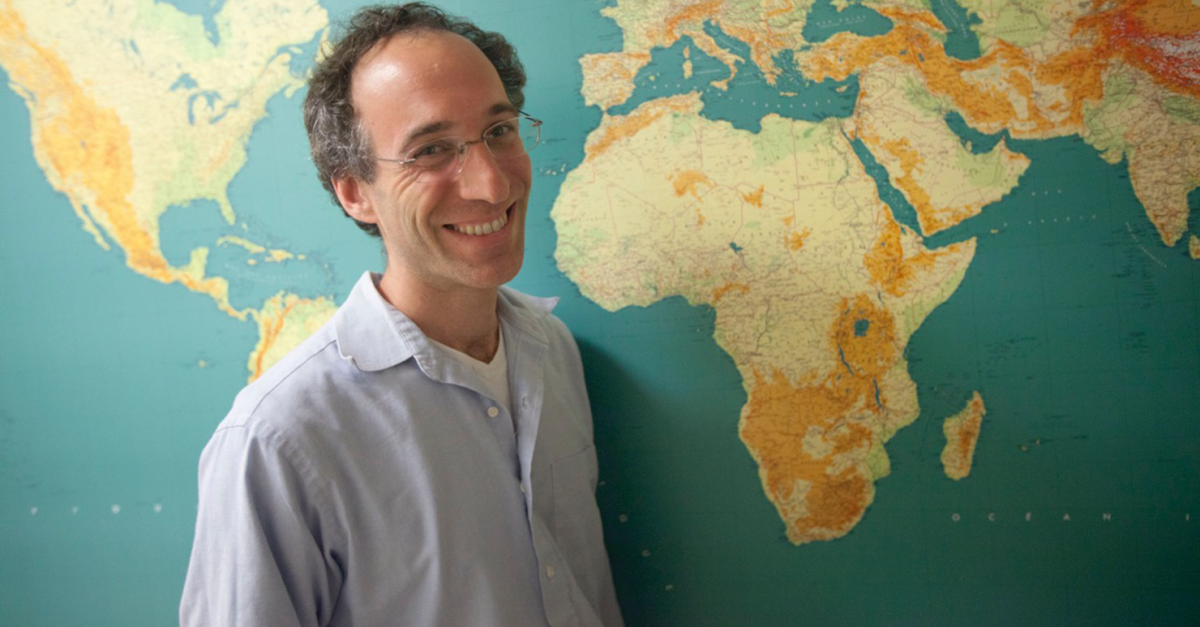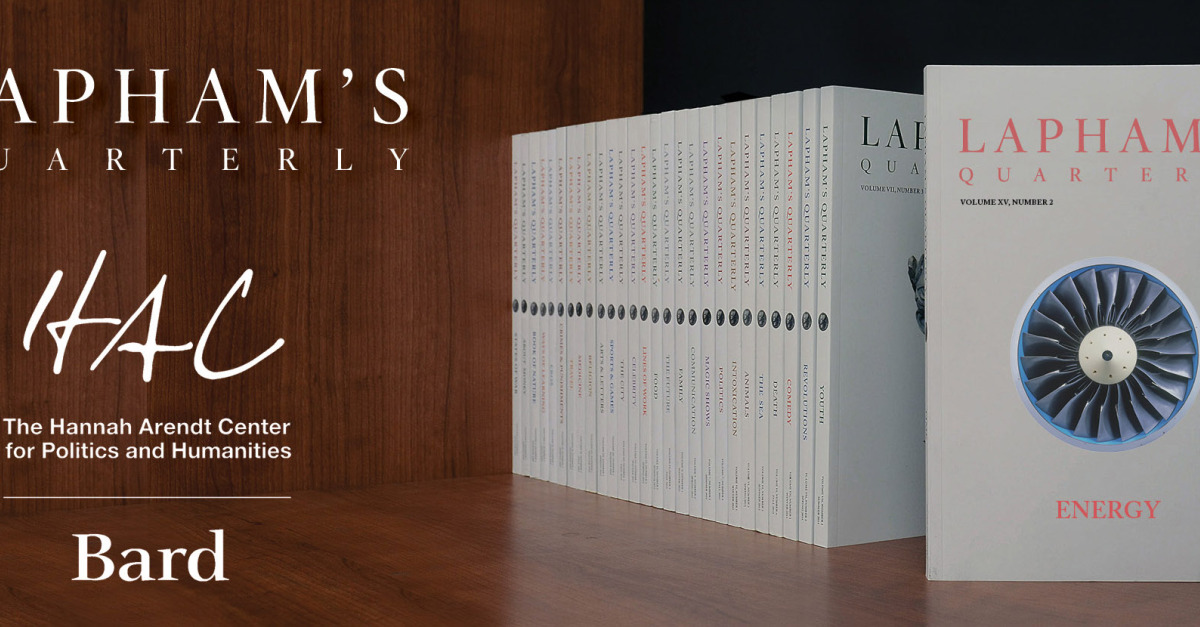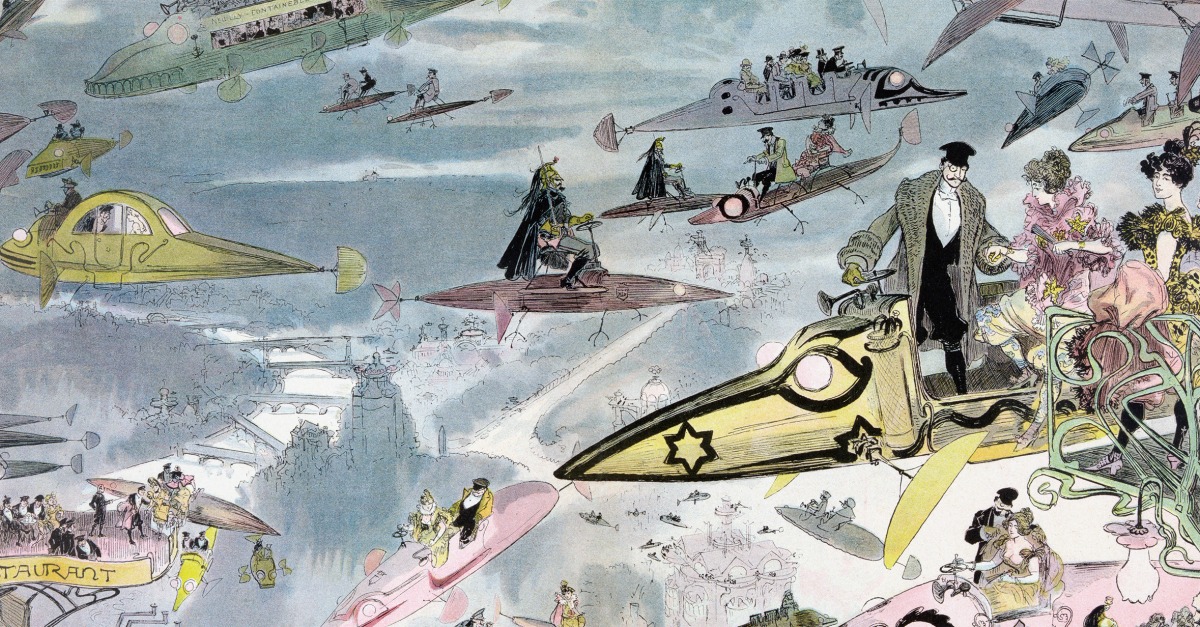Ancient Genomics Revolution: Rewriting Human History

David Reich and his team at Harvard Medical School are rewriting human history using ancient DNA analysis. Their discoveries, including interbreeding between Neanderthals and modern humans, and the revelation of previously unknown "ghost populations," challenge the traditional "out of Africa" theory. This research not only unveils prehistoric human migrations, mergers, and extinctions but also raises ethical concerns about gene editing technology, a tool with the potential for both immense benefit and catastrophic misuse, similar to nuclear weapons. Reich's team collaborates with archaeologists and museums globally to create a comprehensive picture of human evolution using ancient DNA data, revealing the complexity and diversity of our past.
Read more


